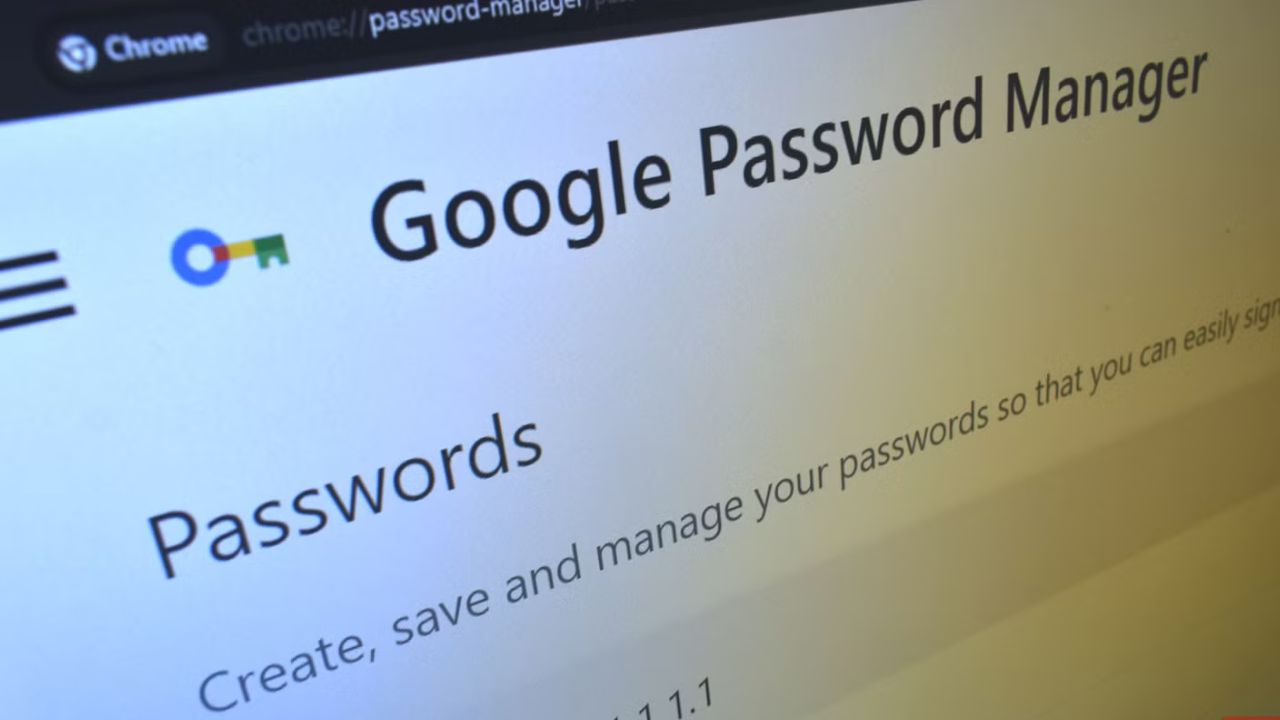

Saving Passwords: Today’s digital world is rapidly growing and has become very challenging for everyone. Everyone’s lives can be changed with just one password leak. This might sound scary, but if you are not creating strong passwords, there is a possibility of falling into the dark trap. While browsing, whenever we try to log in to a website, we might save the password for convenience. By saving passwords like this, it get saved across all the devices like phones, laptops, and even tablets. This can save you time and also reduce the stress from remembering multiple passwords all at once. But, do you think that this is safe? Let’s now understand if it’s safe to save passwords while browsing.
Risks of Saving Passwords in Browsers:
1. Risk of Being Hacked
There is a high possibility of getting hacked if you save your passwords. Yes, saving passwords doesn’t have any verification and most of us don’t even know where does the saved passwords gets stored. Hackers can easily steal the passwords and breach your data. This risk applies to all social media accounts and also for banking services.
2. Limited Encryption
As there is no Two-factor authentication, passwords won’t be saved in a secure vault. Browsing sites like Google or even in Mozilla Firefox doesn’t provide any security for the passwords that are being saved. This is the main reason for password leaks. There are other tools like LastPass, 1Password, or even Bitwarden, which use advanced technology to protect passwords with Two-Factor authentication for securing passwords.
Also Read: Google Maps vs Mappls: Which One is Better Option to Choose
3. Sync Feature Risks:
We usually sync passwords in all our Gmail accounts and even in cloud accounts, but if you compromise on this, your passwords can be easily exposed to hackers. Using shared screens or even weak passwords can increase the risk of falling into a trap.
How to Protect Your Passwords:
1. It is advised to use dedicated password manager or else try to store your confidential passwords in separate file.
2. The best method to not fall in risk is to enable your Two-Factor Authentication which gives you a extra layer of protection while browsing.
3. Every time google and other search engines gives you reminder to change the passwords. If you are not able to change the password, it is better to create strong and complex password for every account.